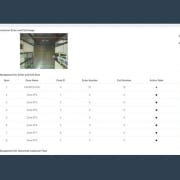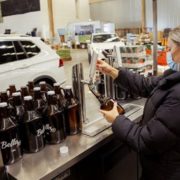RBA REPORT – TRACKING CONSUMPTION DURING THE COVID-19 PANDEMIC
The COVID-19 pandemic was an unprecedented shock to the economy that caused large and unexpected changes in household spending behaviour. Restrictions on household activity limited opportunities to consume services and people switched to purchasing more goods. The recovery in consumption was much stronger than expected earlier in the pandemic because households quickly adapted to the pandemic shock with the support of significant fiscal and monetary policy measures. This article examines household spending during the pandemic using a range of sources of information that have enabled the Reserve Bank of Australia to track consumption in a timely way.
While some parts of our club and hotel businesses have bounced back quickly once reopened it is clear that the FOMO (fear of missing out) that was driving people to venues has changed to HOGO (hassle of going out) with some areas of income slow to return.
Reduced spending on transport services, eating out, health services and gambling accounted for two-thirds of the total decline in consumption in the lockdowns that occurred in the June quarter of 2020 and the September quarter of 2021
Understanding the drivers of household consumption is important for the hospitality industry that has been hit the hardest by Covid-19 lockdowns and continuing restrictions. High frequency indicators such as card payments and reservation data provided an early read on hospitality spending as restrictions on dining out came into place. Spending at cafes and restaurants is also susceptible to precautionary behaviour, with restaurant bookings declining in January 2022 alongside rising COVID-19 case numbers despite no formal restrictions being imposed on eating out.
Download a copy of the RBA Report here >>>












